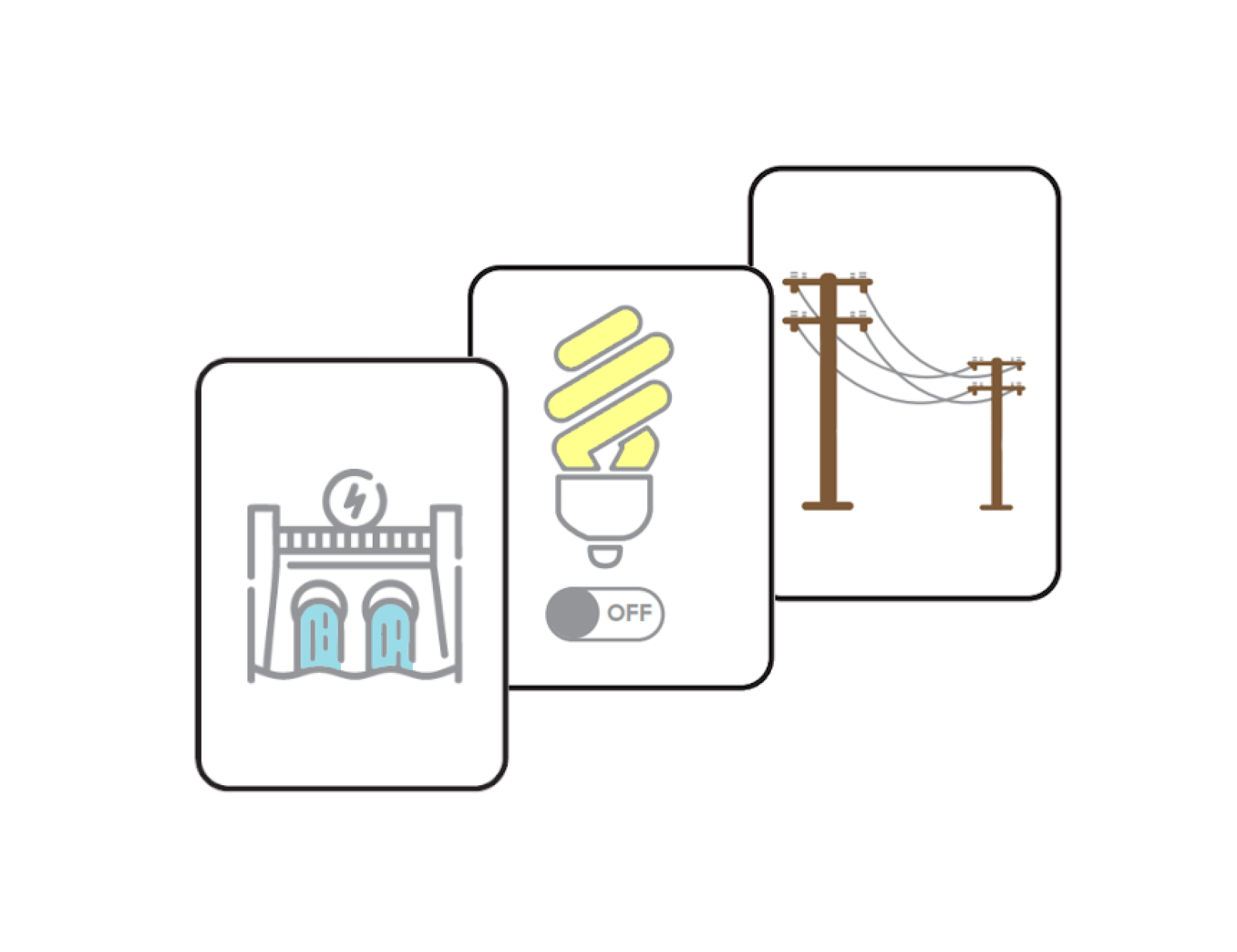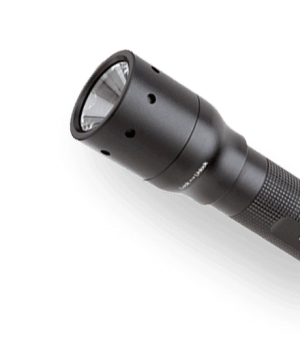Electrical Safety Mahjong
Play this Mahjong-inspired game, a hands-on STEAM activity to learn about electrical safety.

Overview
This mahjong-inspired matching game is an educational activity designed to teach students about electrical safety through an engaging, hands-on turn-based game play experience.
Instructions
What you'll need
- Mahjong Handout Package (1 package per 3-4 students)
- Mahjong tiles
- Mahjong game mat
- Scissors
- Colour pencils or crayons to colour tiles (optional)
- Dice for each group (optional)
Download the Electrical Safety Mahjong Instructions PDF for full instructions.
Modify or extend this activity
See downloadable PDF instructions.
Curriculum Fit
Core Competencies: Personal and Social, Thinking
- Building relationships
- Valuing diversity
- Creating and innovating
English Language Arts
Big Ideas
- Exploring stories and other texts helps us understand ourselves and make connections to others and to the world.
- Exploring and sharing multiple perspectives extends our thinking.
Curricular Competencies
- Identify how stories in First Peoples cultures connect people to land.
- Synthesize ideas from a variety of sources to build understanding.
- Demonstrate awareness of the oral tradition in First Peoples cultures and the purposes of First Peoples texts.
- Recognize and appreciate the role of story, narrative, and oral tradition in expressing
- First Peoples perspectives, values, beliefs, and points of view
Science
Big Ideas
- Plants and animals have observable features
- Observable patterns and cycles occur in the local sky and landscape.
- Wind, water, and ice change the shape of the land.
Curricular Competencies
- Demonstrate curiosity and a sense of wonder about the world (Gr. 4-7)
- Make predictions based on prior knowledge (Gr. 4-7)
Mathematics
Big Ideas:
- Regular changes in patterns can be identified and represented using tools and tables.
Curricular Competencies:
- Develop, demonstrate, and apply mathematical understanding through play, inquiry, and problem solving
- Visualize to explore mathematical concepts
Assessments
- Assess students’ understanding on recognizing patterns from the matching game.
- Assess students’ understanding of the phases of the moon based on correct identification for some phases.
- Assess students’ understanding of electrical safety and energy conservation.
Teaching Notes
See downloadable PDF instructions.
Career Connections
Electrical safety knowledge is crucial in various careers to ensure the safety of individuals and the proper functioning of electrical systems. Here are some careers that require a strong understanding of electrical safety:
Electricians: They work directly with electrical systems, installations, and repairs, making electrical safety knowledge essential to prevent accidents and ensure compliance with safety standards.
Electrical Engineers: They design, develop, and test electrical equipment and systems. Understanding electrical safety is crucial to create safe and reliable products and systems.
Construction Workers: They often work around electrical systems and need to be aware of electrical hazards to avoid accidents on construction sites.
Maintenance Technicians: They are responsible for maintaining and repairing electrical systems in various settings, such as factories, office buildings, and residential complexes.
HVAC Technicians: They work with heating, ventilation, and air conditioning systems, which often involve electrical components.
Industrial Machine Operators: They operate machinery that may involve electrical systems, requiring knowledge of electrical safety to prevent accidents.
Telecommunications Technicians: They install and maintain communication systems, which often involve working with electrical wiring and equipment.
Automotive Technicians: Modern vehicles have complex electrical systems, and technicians need to understand electrical safety to work on these systems safely.
Plumbers: They sometimes work near electrical systems, especially when dealing with water heaters and other electrically powered plumbing fixtures.
Firefighters: They need to understand electrical safety to handle electrical fires and rescue operations involving electrical hazards.
Health and Safety Inspectors: They ensure that workplaces comply with safety regulations, including electrical safety standards.
Facility Managers: They oversee the maintenance and operation of buildings, including electrical systems, and need to ensure that safety protocols are followed.
Renewable Energy Technicians: They work with solar panels, wind turbines, and other renewable energy systems that involve electrical components.
IT Professionals: They manage and maintain computer networks and data centers, which involve electrical systems and require knowledge of electrical safety.






